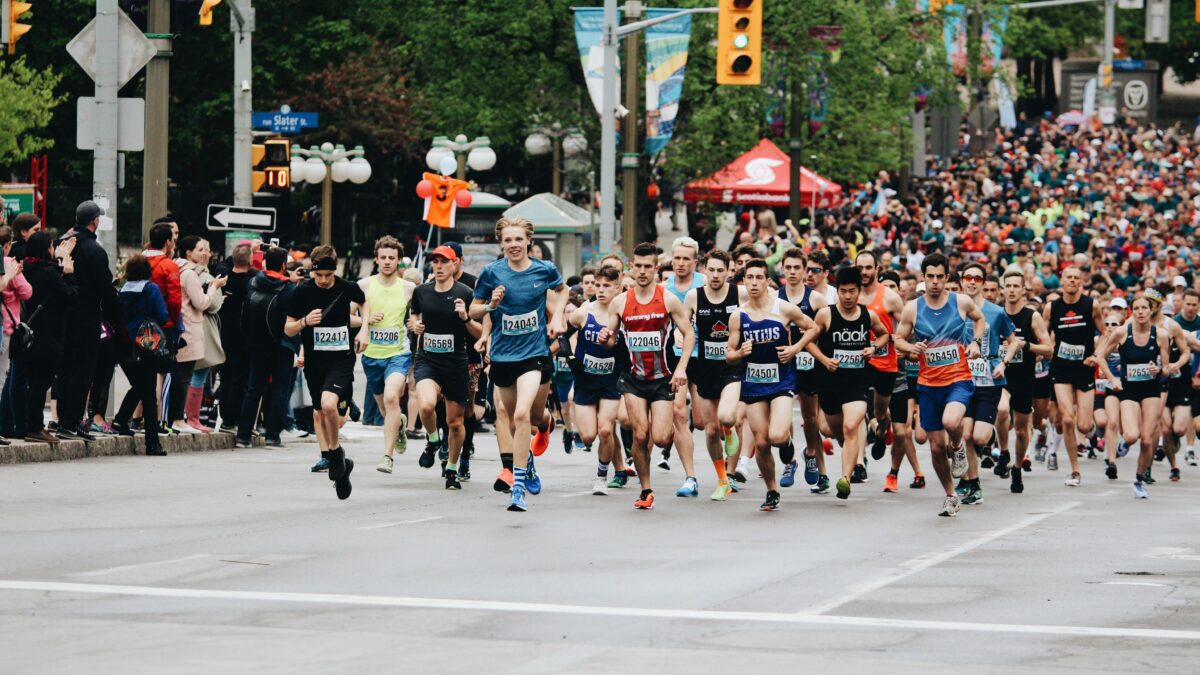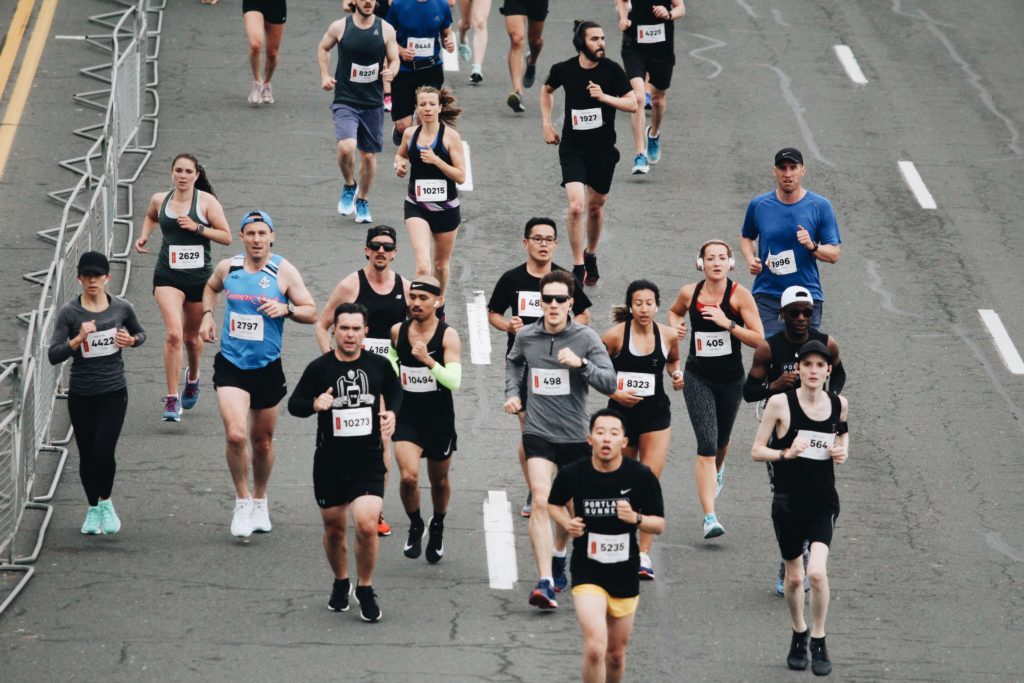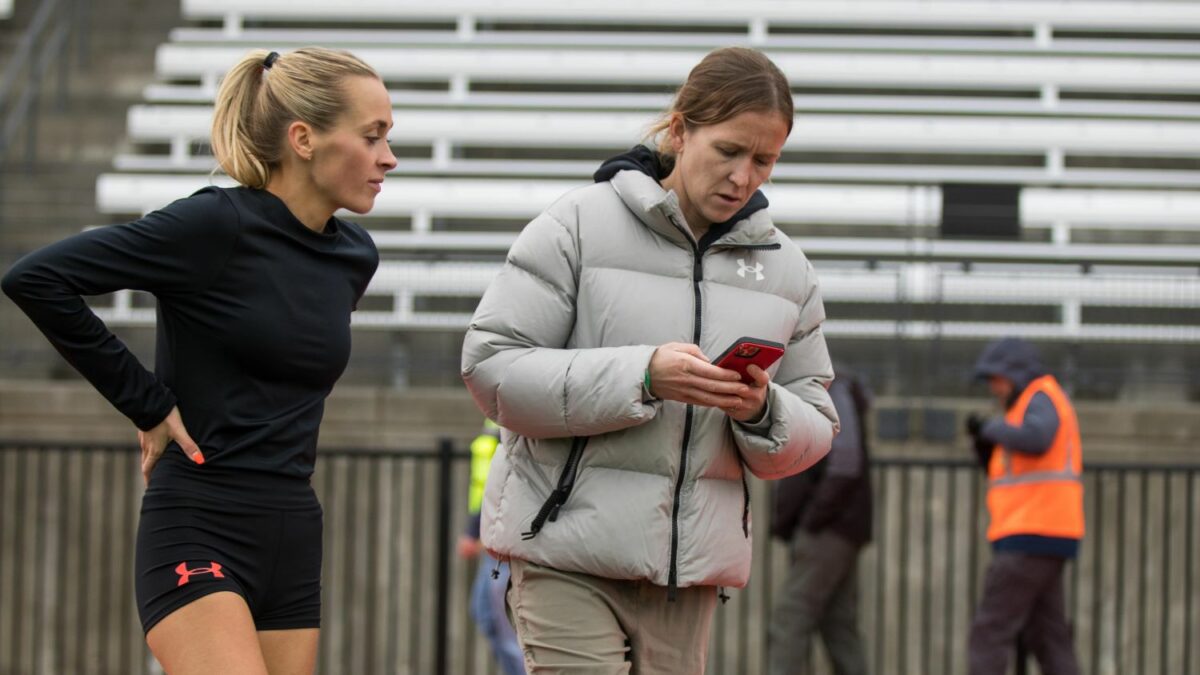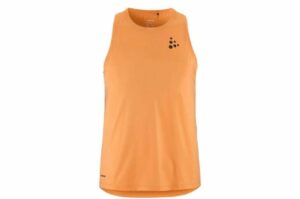Speed or endurance: what should you focus on for a successful 10K?
Under Armour distance coach offers her expert advice on a tricky subject
 Photo by:
Maxine Gravina
Photo by:
Maxine Gravina
One of the common questions beginners face when training for a 10K is whether they should prioritize speed or endurance. Both are crucial for a successful race, but understanding the nuances can help determine the most effective approach.
Endurance vs. speed
To build cardiovascular stamina and be able to sustain a goal pace for the 10K, it is important to build your endurance. This includes medium to long runs at moderate intensity while gradually increasing distance as you get closer to race day. Developing endurance will help you maintain an even effort throughout the race, reduce the risk of fatigue and improve your overall performance.

On the other hand, incorporating speed work can enhance your anaerobic threshold, running economy, stride efficiency and form. Mastering speed and mechanics enables runners to push at a faster pace and determine their training potential. Speed training for a 10K typically involves shorter, more intense workouts such as interval training, fartlek runs and hill sprints.
Expert advice
Lara Rogers, head coach of the Under Armour professional team UA Mission Run Baltimore Distance group in Baltimore and mentor to future stars training for the 2024 Paris Olympics, provides insights on the suitable training approach for a 10K.
“For beginners, it’s important to focus on building endurance first,” says Rogers. “A solid running foundation in the early stages will benefit you more than immediately adding speedwork, and will even reduce the risk of injury.”

Rogers advises incorporating consistent three- to five-kilometre runs and a longer run of six to eight kilometres each week to prepare a novice runner for the 10K. “Speed can be added later in your training progression,” she adds. “Building endurance for the initial three to five weeks builds confidence and can help the body adapt to time and distance.”

